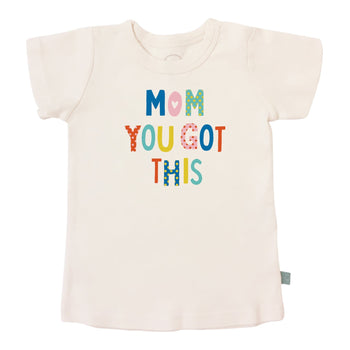6 Medicine Cabinet Essentials Every Home Should Have
Having the right medicine cabinet essentials in your home can make a world of difference if you or someone in your family gets sick. Not only does it help you to be prepared for any kind of medical emergency, but it also ensures that minor ailments and illnesses can be treated quickly and easily. From pain relief to allergy medications, having the basics on hand is essential for every household.
So what should you have stocked up in your medicine cabinet? These six essentials serve an important purpose when it comes to treating common illnesses or injuries at home - so keep reading to find out more about why these items belong in your medicine cabinet!

https://pixabay.com/photos/first-aid-can-tin-can-sheet-1732531/
Pain relief
Whether it’s an over-the-counter pain reliever or a prescription medication, make sure you have some form of pain relief in your medicine cabinet. Headaches, muscle aches, and other minor pains can be quickly and effectively relieved with the right medication. Look for acetaminophen, ibuprofen, or aspirin to treat general aches and pains.
Additionally, having a topical cream like lidocaine or benzocaine can help to soothe minor cuts, burns, and other skin irritations. These life-enhancing products can help you to reduce swelling and improve comfort while your body works to heal. Pay attention to the active ingredients and label instructions to ensure you’re using the right product for your needs.
Allergy medications
If someone in your household is prone to allergies, having a supply of over-the-counter antihistamines can help them manage their symptoms. Look for products that contain either loratadine or cetirizine to relieve symptoms such as sneezing, runny nose, and itchy eyes. Additionally, some products may also provide relief from congestion or coughing.
However, keep in mind that if your allergies are severe, it is best to talk to a doctor about prescription-strength medications.
There are also over-the-counter nasal sprays, eye drops, and inhalers available to treat more severe allergy symptoms.
Antacids
Heartburn and indigestion can be uncomfortable and sometimes even painful. Keeping antacid tablets or liquid on hand can help to quickly reduce discomfort. Look for products that contain either calcium carbonate or aluminum hydroxide to neutralize stomach acids.
You can also find antacid medications that contain simethicone to break up gas bubbles in your digestive tract, which can help to alleviate discomfort.
Of course, if your symptoms persist or worsen, it is best to talk to a doctor about further treatment.
On the other hand, products that contain bismuth subsalicylate, such as Pepto-Bismol or Kaopectate, are effective at treating diarrhea and other intestinal upset.
Cold and Flu remedies
Having cold and flu medicines on hand can help you to get through the toughest days of being sick. Look for products that contain acetaminophen or ibuprofen as well as an expectorant or decongestant to help reduce congestion.
You may also want to consider having cough syrups and lozenges stocked up in your medicine cabinet to soothe sore throats and suppress coughs. Additionally, products like NyQuil can help you get the restful sleep you need while you’re sick.
First aid supplies
Having a first aid kit is essential for any household. Make sure it’s stocked up with items such as bandages, antiseptic wipes, antibiotic ointment, and gauze pads. Many people also like to keep a supply of tweezers, scissors, and safety pins handy.
First aid kits also come with other items like an instant cold pack and thermometer, which can come in handy for minor injuries or illnesses. However, these kits need to be replenished regularly to ensure they are up-to-date with the most current supplies.
You may also get your epipen online and ensure it is always in your first aid kit if you or someone in your family has severe allergies.
Thermometer
Finally, having a thermometer in your medicine cabinet is essential for taking temperatures quickly and accurately. Digital or mercury thermometers are both available and offer fast accurate readings.
If using a digital version, remember to follow the manufacturer's instructions on how to properly use it. Additionally, you may also want to consider having a forehead or ear thermometer, which is non-invasive and easy to use.
If you have small children in your home, having a digital or forehead thermometer can help you monitor their temperature more easily.

https://www.pexels.com/photo/thermometer-on-medical-pills-139398/
Having the right supplies in your medicine cabinet can make a big difference when it comes to taking care of minor injuries and illnesses. From first aid kits, thermometers, and antacids to allergy relief products and cold/flu remedies - having these items on hand is essential for any home. Taking the time to stock up on all the necessary medicines will ensure you are prepared for whatever life throws at you.
Remember, if symptoms persist or worsen, always consult with a doctor or medical professional before self-medicating.
















